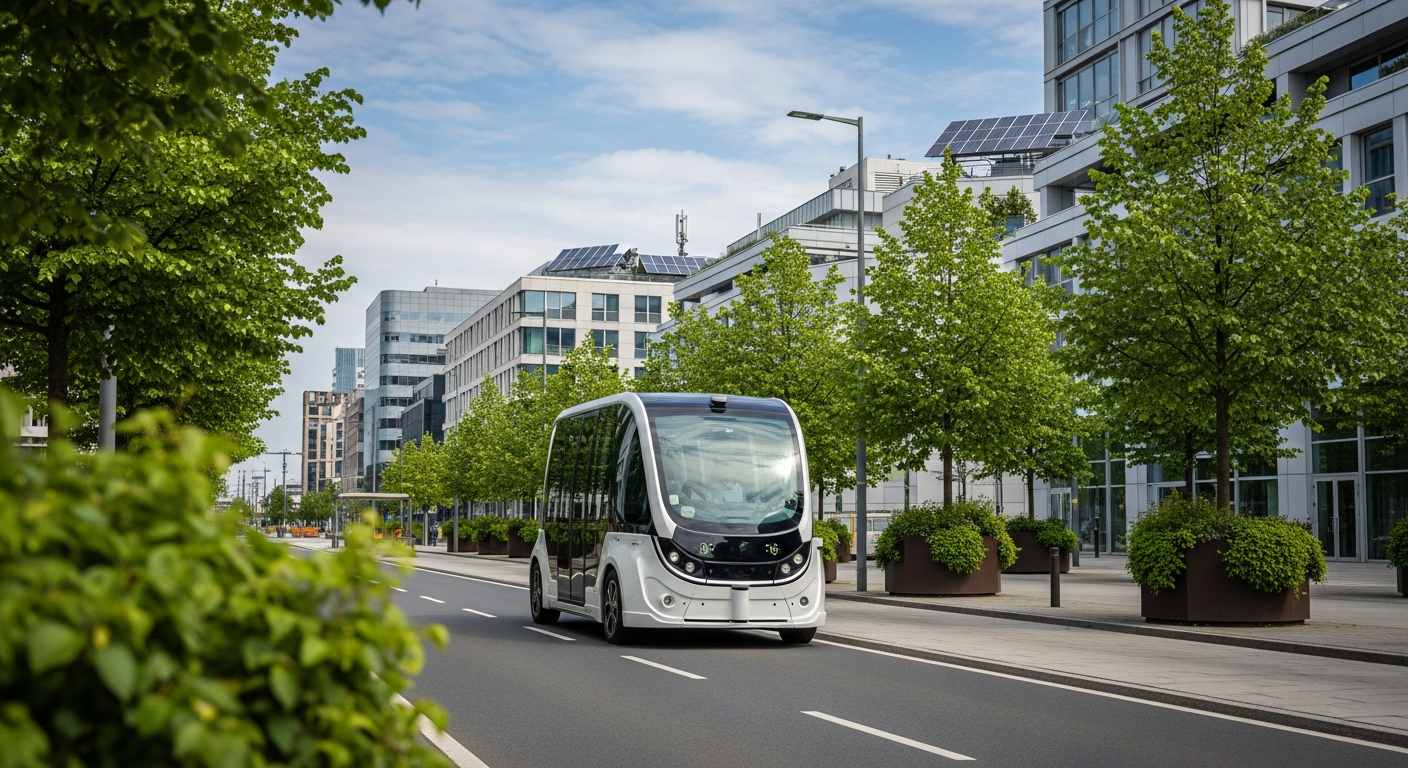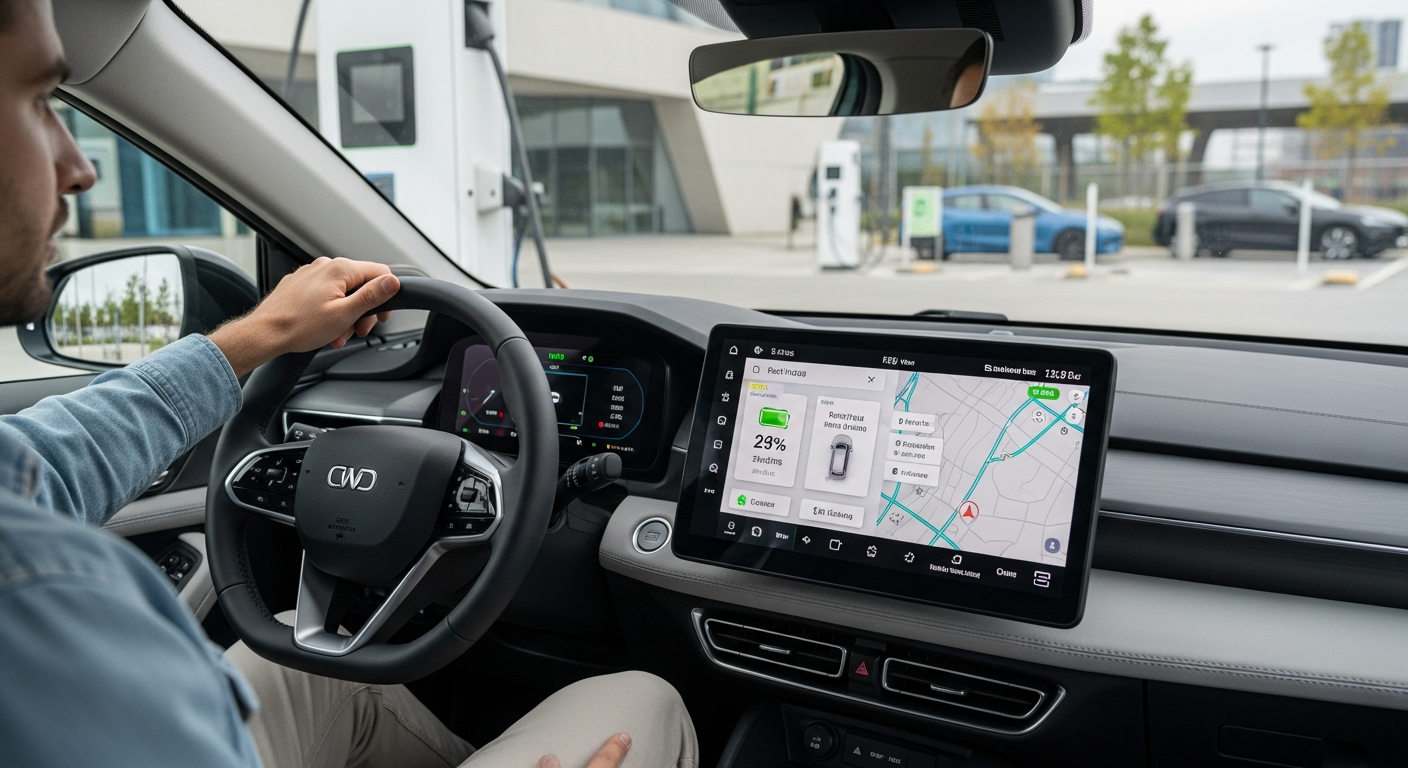The Intricacies and Impact of Automotive Cooling Systems
The automotive cooling system, often overlooked by many, plays a crucial role in the overall performance and longevity of a vehicle. This article delves into the intricacies of this vital component, its evolution, and its impact on the automotive industry.

The Genesis of Automotive Cooling Systems
The journey of automotive cooling systems dates back to the early 20th century. The first cars were air-cooled, relying on the natural flow of air over the engine to dissipate heat. However, as engines became more powerful and complex, the need for a more efficient cooling method arose. This led to the development of liquid cooling systems, which have been the standard in most vehicles since the 1920s.
The Mechanics of Modern Cooling Systems
Today’s automotive cooling systems are a marvel of engineering. They consist of several components, including the radiator, thermostat, water pump, and coolant, all working in harmony to maintain optimal engine temperature. The coolant absorbs heat from the engine and transports it to the radiator, where it is cooled by air before being recirculated back into the engine. The thermostat regulates this process, ensuring the engine operates within its ideal temperature range.
The Evolution and Impact of Cooling Systems
Over the years, automotive cooling systems have undergone significant advancements. Modern systems are more efficient, reliable, and environmentally friendly. They have also become more integrated with other vehicle systems, contributing to improved fuel efficiency and reduced emissions.
The impact of these advancements is profound. Efficient cooling systems prolong engine life, enhance performance, and contribute to a more comfortable driving experience. They also play a crucial role in the development of high-performance vehicles, which generate significant heat and require robust cooling solutions.
The Challenges and Future of Automotive Cooling
Despite their importance, automotive cooling systems are not without challenges. They require regular maintenance to prevent issues such as leaks, corrosion, and overheating. Additionally, as vehicles become more electrified, traditional cooling systems may need to evolve to meet new demands.
Looking ahead, the future of automotive cooling is promising. Innovations such as active grille shutters and advanced coolant materials are already being explored. These advancements could lead to even more efficient and reliable cooling systems, further enhancing vehicle performance and sustainability.
The Unsung Hero of Automotive Engineering
In conclusion, the automotive cooling system, while often overlooked, is a critical component of any vehicle. Its evolution and impact on the automotive industry are significant, demonstrating the importance of continual innovation in this field. As we look to the future, the role of cooling systems in vehicle performance and sustainability will undoubtedly continue to grow.






